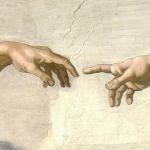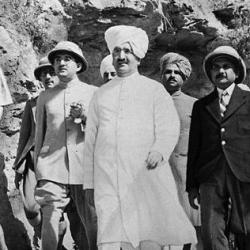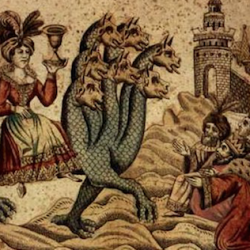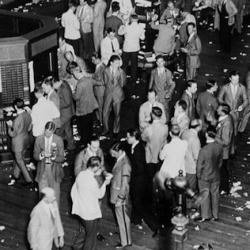Few accepted at face value the inflated claim that 1989 brought us to the “end of history” (Fukuyama), where democratic capitalism was left with an ideological monopoly. Still, many operated on the assumption that globalized trade would make the world more peaceful and democratic.
It hasn’t happened. History continues despite theorizing to the contrary. In particular, the hope that the world would soon adopt Western or American ways hasn’t come true.
John Gray (False Dawn) notes that “A global free market presupposes that economic modernization means the same thing everywhere. It interprets the globalization of the economy – the spread of industrial production into interconnected market economies throughout the world – as the inexorable advance of a singular type of western capitalism: the American free market” (3).
In fact, the recent past has proven nearly the opposite: “Economic modernization does not replicate the American free market system throughout the world. It works against the free market. It spawns indigenous types of capitalism that owe little to any western model.” Chinese and Japanese capitalism aren’t the same as each other, and neither follows the American lead (3-4).
When communism disappeared from Russia and China, what took its place wasn’t Western-style capitalism: but “revived indigenous types of capitalism, in both cases deformed by their communist inheritance. The Russian economy is dominated by a species of criminal syndicalism. The proximate origins of this peculiar economic system are in the Soviet illegal economy, but it has some points of resemblance with the mixed capitalism of large, state-controlled enterprises and wild entrepreneurship that flourished in the last decades of Tsarism. Capitalism in Chin has much in common with that practiced all over the world by the Chinese diaspora, notably in the crucial role in business played by kinship relations, but it too is pervaded by corruption and the commercialization of institutions – including the military – that have been inherited from the communist era” (214-5).
In short, “the emergence of a truly global economy does not imply the extension of western values and institutions to the rest of mankind. It means the end of the epoch of western global supremacy. The original modern economies in England, western Europe and north America are not models for the new types of capitalism created by global markets” (4).
Only the distortions of Euro-centric theory – the myth that everyone has to develop as we did – keep us from seeing this.












